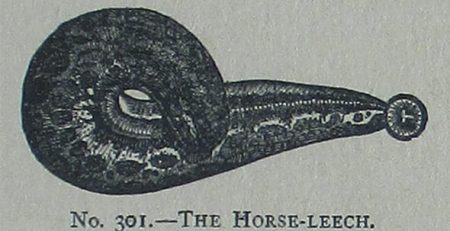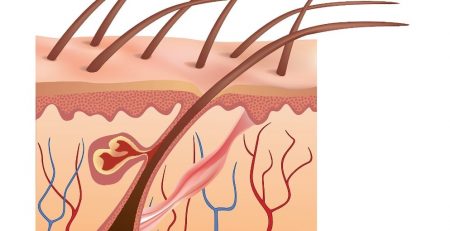Ability to Identify Odors Linked to Mental State
Researchers at the Mayo Clinic published a report in JAMA Neurology earlier this month that links losing one’s sense of smell to the start of memory loss and possibly Alzheimer’s disease. The study found that older adults who had the worst smell test scores were 2.2 times more likely to have mild memory problems, an article on the National Institutes of Health’s MedlinePlus website reported.
“The findings suggest that doing a smell test may help identify elderly, mentally normal people who are likely to progress to develop memory problems or, if they have these problems, to progress to Alzheimer’s dementia,” lead researcher Rosebud Roberts, professor of neurology at the Mayo Clinic, said. “Physicians need to recognize that this may be a possible screening tool that can be used in the clinic.”
Participants enrolled in a population-based Mayo Clinic Study of Aging between 2004 and 2010 were clinically evaluated at baseline and every 15 months through 2014. Of the 1430 participants who were “cognitively normal” at the time of the initial smell test that completed the study, 250 developed memory problems (mild cognitive impairment), and 64 among 221 participants with the most serious memory problems developed dementia. As th inability to identify smells increased, so did the likelihood of increasing memory problems and Alzheimer’s disease.
Director of Global Science Initiatives at the Alzheimer’s Association, James Hendrix, believes that in the future, a smell test could be an early indicator that something is going wrong with someone’s brain. “It would need follow-up to determine whether it was Alzheimer’s disease or Parkinson’s disease or some other condition,” he said. “Our ability to sense smell doesn’t just reside in our nose, there are receptors that are activated in our brains. We need to have a healthy brain to fully smell the world around us.”














